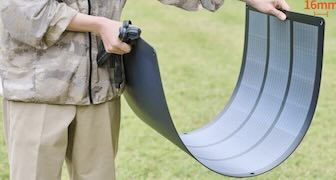May 25 (NHK) - Japan began a rollout of a fourth dose of coronavirus vaccine Wednesday, targeting people aged 60 or older and others with higher risks.
The fourth doses of the Pfizer-BioNTech or Moderna vaccines are intended to reduce the risk of critical illness associated with the virus. People eligible for the fourth shot will be those aged at least 60, as well as those aged at least 18 with underlying conditions or whose doctors decide they are at high risk of developing severe symptoms.
The vaccines are available at medical institutions and mass vaccination sites. The shots are to be taken at least five months after receiving a third dose.
The administration of the fourth shots began on Wednesday in Tokyo's Minato and Koto wards and some other places. The vaccination will eventually be available nationwide.
Vaccination vouchers are being mailed to people aged 60 or older. But people with underlying conditions may have to apply on their own in some municipalities. In others, vouchers will be sent out to all residents aged 18 or older.
Some local authorities and care facility associations for the elderly have been calling on the government to make medical and care workers eligible for the fourth dose.
However, the government has no plan to revise the program at the moment. It is calling on people who need to get the fourth shot to consult a doctor.
Source: TBS NEWS















